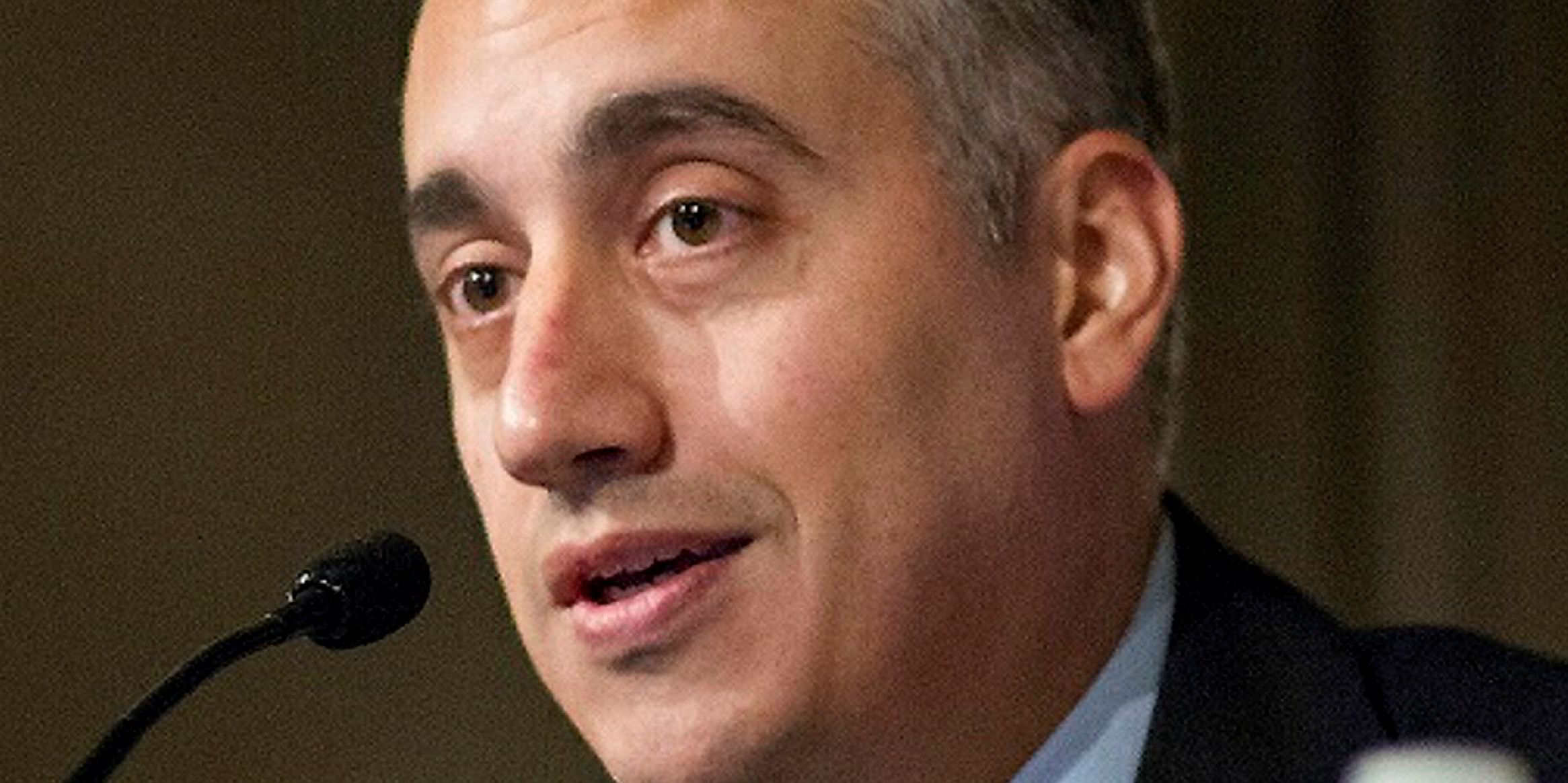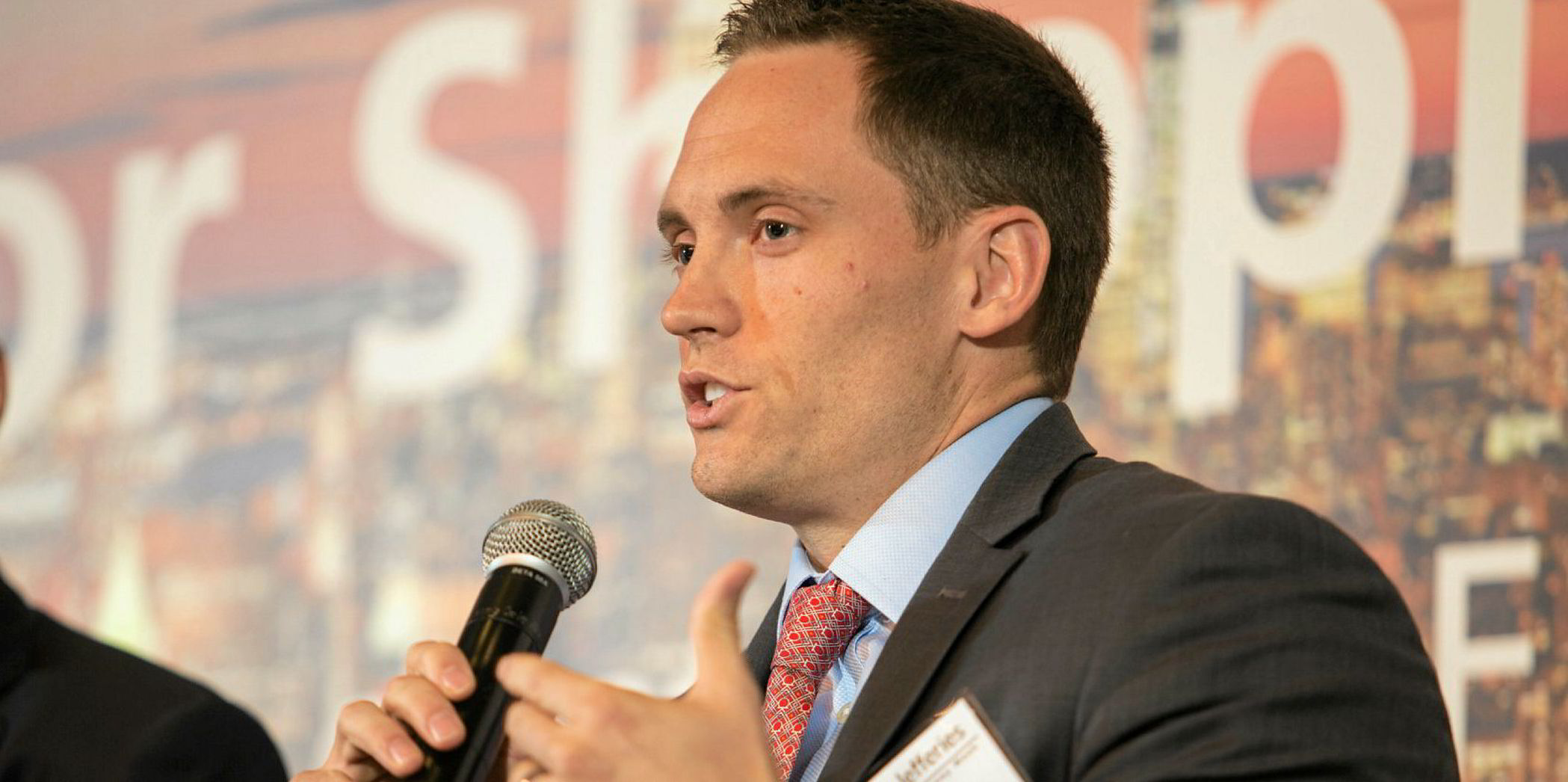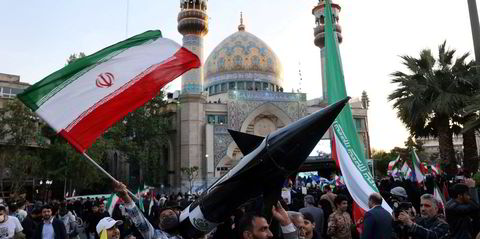Genco Shipping & Trading saw an immediate lift in its share price last November after bringing in a regular shareholder dividend, plus a one-time special dividend.
Companies with dividends generally have stronger valuations than those without. But has the premium held up for Genco? The answer seems to be “sort of”, according to numbers from Jefferies analyst Randy Giveans.
Genco was fourth of seven owners in Jefferies’ peer group of New York-listed dry bulk owners, trading at 67% of its net asset value (NAV).
Top of that list is Greece’s Star Bulk Carriers, the only other public bulker owner to feature a dividend. Like Genco, it premiered the payout last November. Star Bulk was at 76% of NAV.
However, the next two owners do not pay a dividend: Diana Shipping and Safe Bulkers, both of Greece, were trading at 75% and 71% of NAV, respectively.
After Genco came Navios Maritime Partners (62%), Eagle Bulk Shipping (61%) and Scorpio Bulkers (53%).
Scrubber exposure
“The dividend stocks are trading better, but not by much,” Giveans said. “There are other factors at play: time charter coverage, since more is better in this weak market. Leverage — less is better in this weak market. And scrubber exposure — more is better.”
Star Bulk scores high on the scrubber front as well. With more than 100 installations in its fleet, it is the most prolific scrubber adopter in dry bulk.
Diana lacks exhaust gas cleaning systems but is big on charter coverage, maintaining its profile as the most conservative player in the sector.
With a recent share price of $7.68, Genco’s annual dividend of $0.70 per share represents a yield of more than 9%. This gets into a region that is generally not considered sustainable in the long term.
But if Genco is able to close the trading gap to its NAV on the back of a market recovery, the annualised yield draws closer to an acceptable 5% or so, analysts said.
Star Bulk started its quarterly dividend at a modest $0.05 per share, which equates to a 2.3% yield against its recent $8.67 share price. But the payout is designed to escalate in stronger markets.






